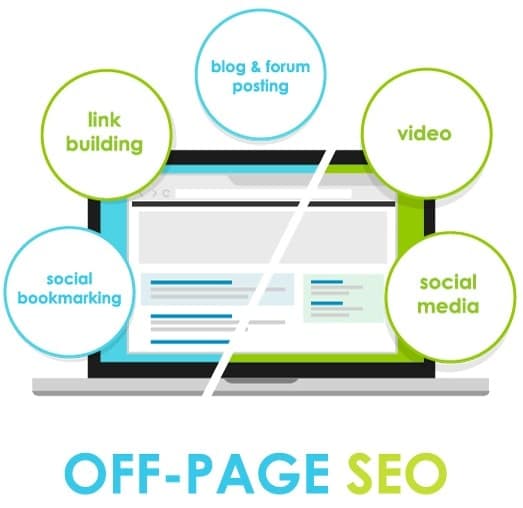 Have you ever watched one of those do-it-yourself shows? You know, the ones where you get to watch a regular homeowner just like you replace their carpet with hardwood floor or update all of their kitchen cabinetry.
Have you ever watched one of those do-it-yourself shows? You know, the ones where you get to watch a regular homeowner just like you replace their carpet with hardwood floor or update all of their kitchen cabinetry.
It looks so easy, right?
The national TV budget and offscreen professional assistance aside, do you ever see regular Joes and Janes build an entire house from scratch?
Not too often.
It’s unrealistic, and the average TV audience just wouldn’t be able to suspend their disbelief long enough to make the show enjoyable. I mean, think about all of the steps that go into building your own house:
- Preparing the construction site
- Laying the foundation
- Constructing the frame
- Installing doors and windows
- Building the roof
- Attaching the siding
- Running the plumbing
- Running the electric
- Installing HVAC
- Adding insulation
- Adding drywall
- Painting
- Installing the flooring or carpet
- Hooking up sewer
- Hooking up water
Pretty simple, right? Just do-it-yourself.
Not so much.
While most homeowners can take on the occasional fix-it-up or remodel job with some decent reading and a couple of YouTube videos, most of them aren’t going to be able to invest the time and money into building an entire house from scratch.
Okay, What’s This Have to Do with SEO?
 So glad you asked!
So glad you asked!
If you think about it, managing a website is a lot like owning a home. You’ve got to keep it well-maintained, refresh it from time to time with a modern look, and generally take actions to make it appealing to the rest of the neighborhood.
Similarly, trying to do SEO for your own website is a lot like trying to build your own home. While you might be able to learn a few of the SEO basics from online tutorials, you’ll probably never get the same results as someone who has made it their life’s work to study SEO.
Here are a few examples…
Content – Your Site’s Foundation
Every website is only as strong as its content. A house with no foundation will crumble, and a website with thin content won’t rank and won’t appeal to customers. Even if they do find your site, they are going to bounce away if the content isn’t useful and engaging. And bounce rate is a well-known ranking factor for Google.
Of all the aspects of SEO that you might be able to DIY with success, content is one of them. You are, after all, a master in your field. But if you’re going to build your own content, it’s got to be high quality writing published regularly
On-Page SEO – Your Site’s Frame and HVAC
Even with good content, a website without strong SEO will fail to perform well just as surely as a home without a frame. On-page SEO requires a strong understanding of how to structure your website so that Google recognizes it as relevant and well-organized.
This includes such skill sets as interlinking, pagespeed optimization, mobile-first web design, and schema markup, among others. Trying to do them all is like trying to become a master plumber, electrician, and roofer all at once.
Off-Page SEO – Your Site’s Curb Appeal
 Off-Page SEO is proof to Google that other people trust your website as an authoritative source in the industry. It includes such elements as link building, social signals, competitor analysis, and local search optimization.
Off-Page SEO is proof to Google that other people trust your website as an authoritative source in the industry. It includes such elements as link building, social signals, competitor analysis, and local search optimization.
A website that is missing these key indicators is like a home with broken windows, an overgrown lawn, and a chipping paint job. None of the neighbors are going to want to visit.
Generally, off-page SEO is the job that you definitely don’t want to do yourself. Getting it wrong can tank your rankings more than any other aspect of SEO.
Be More Like a Homeowner
A thrifty homeowner knows how to separate the DIY jobs from the professional ones. Some people are plenty comfortable painting walls and ripping up carpet, but they know that fixing leaks and replacing shingles are out of their league.
So as a website manager for your business, be more like a homeowner. Learn the SEO techniques that you can bootstrap easily enough. But when it comes to the big projects, know when it’s time to call in the pros.
